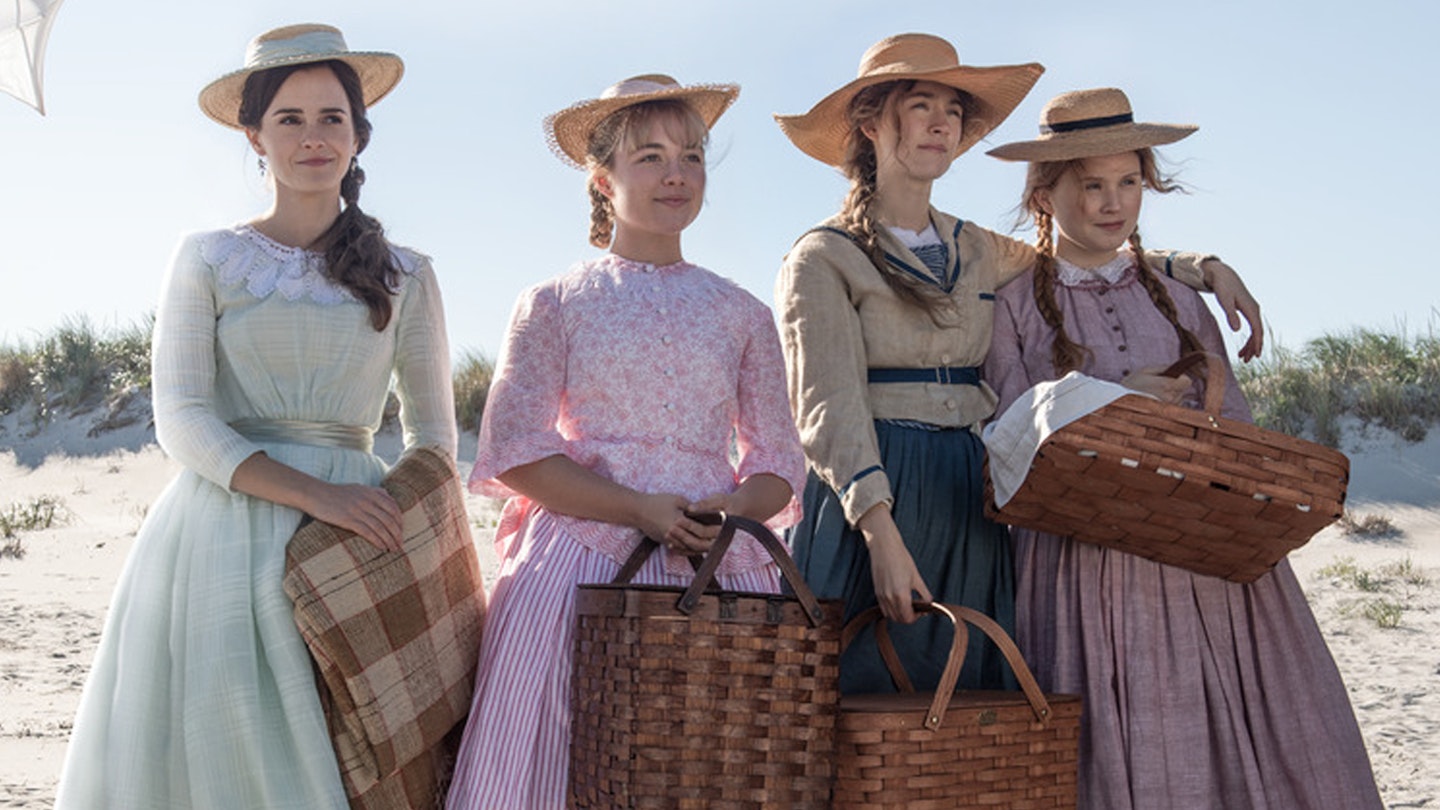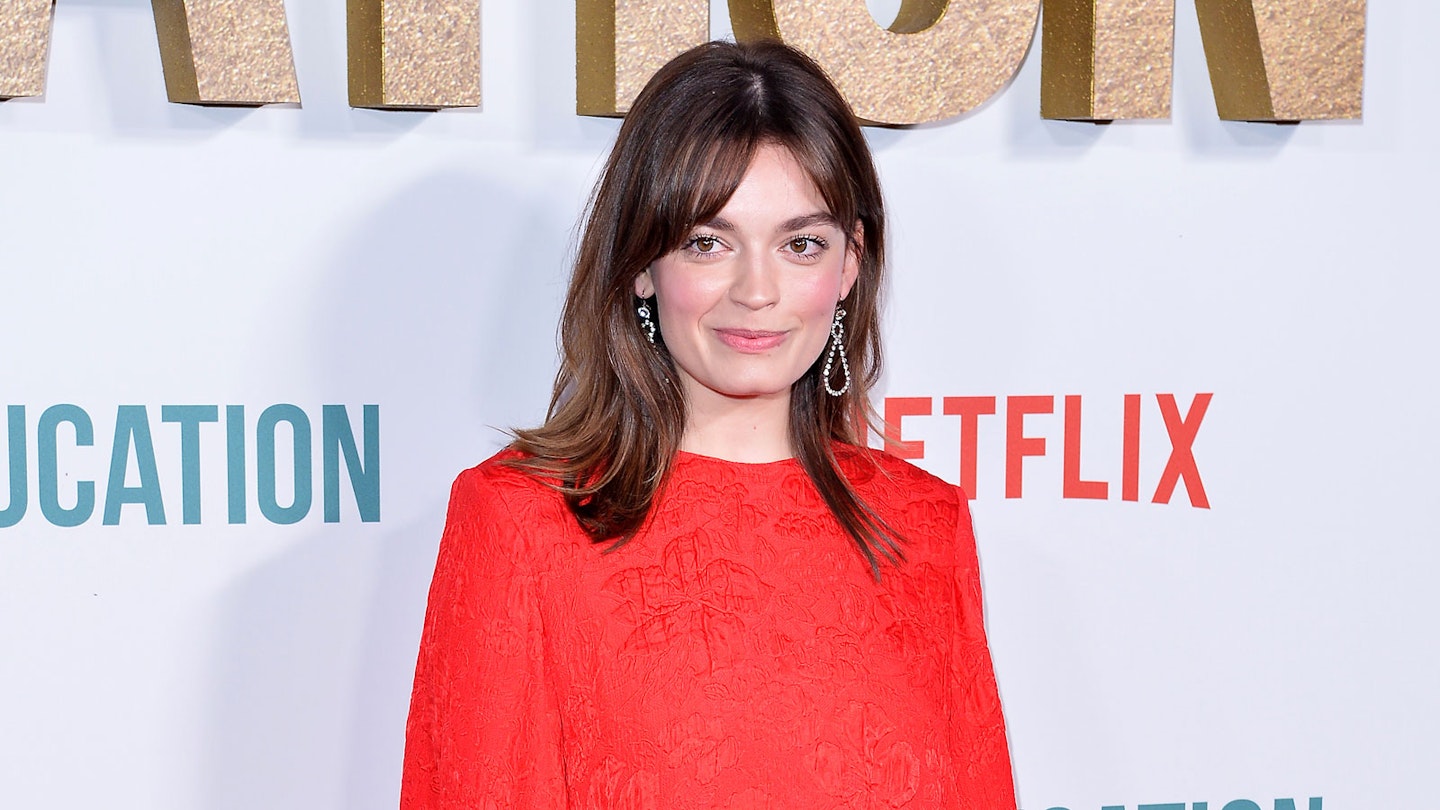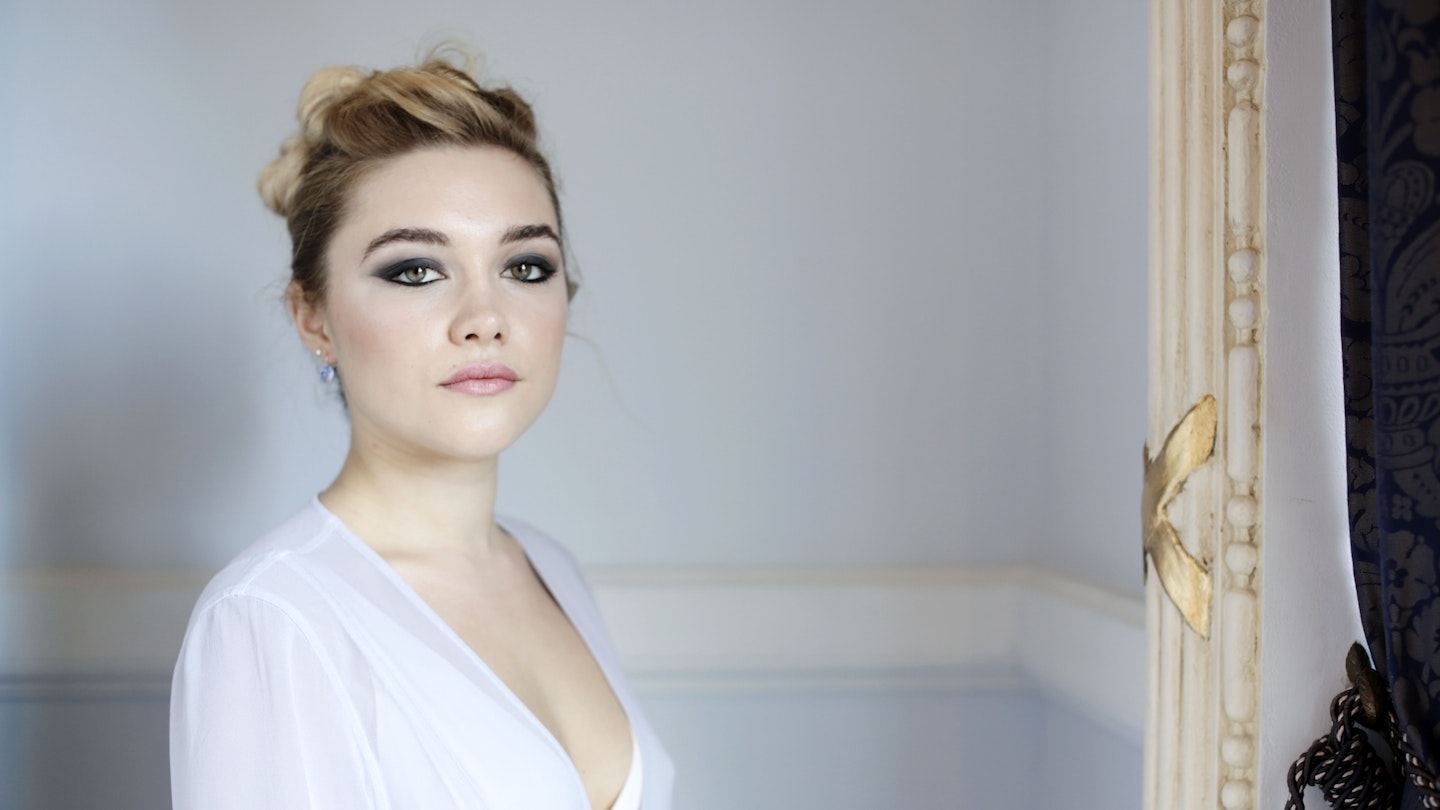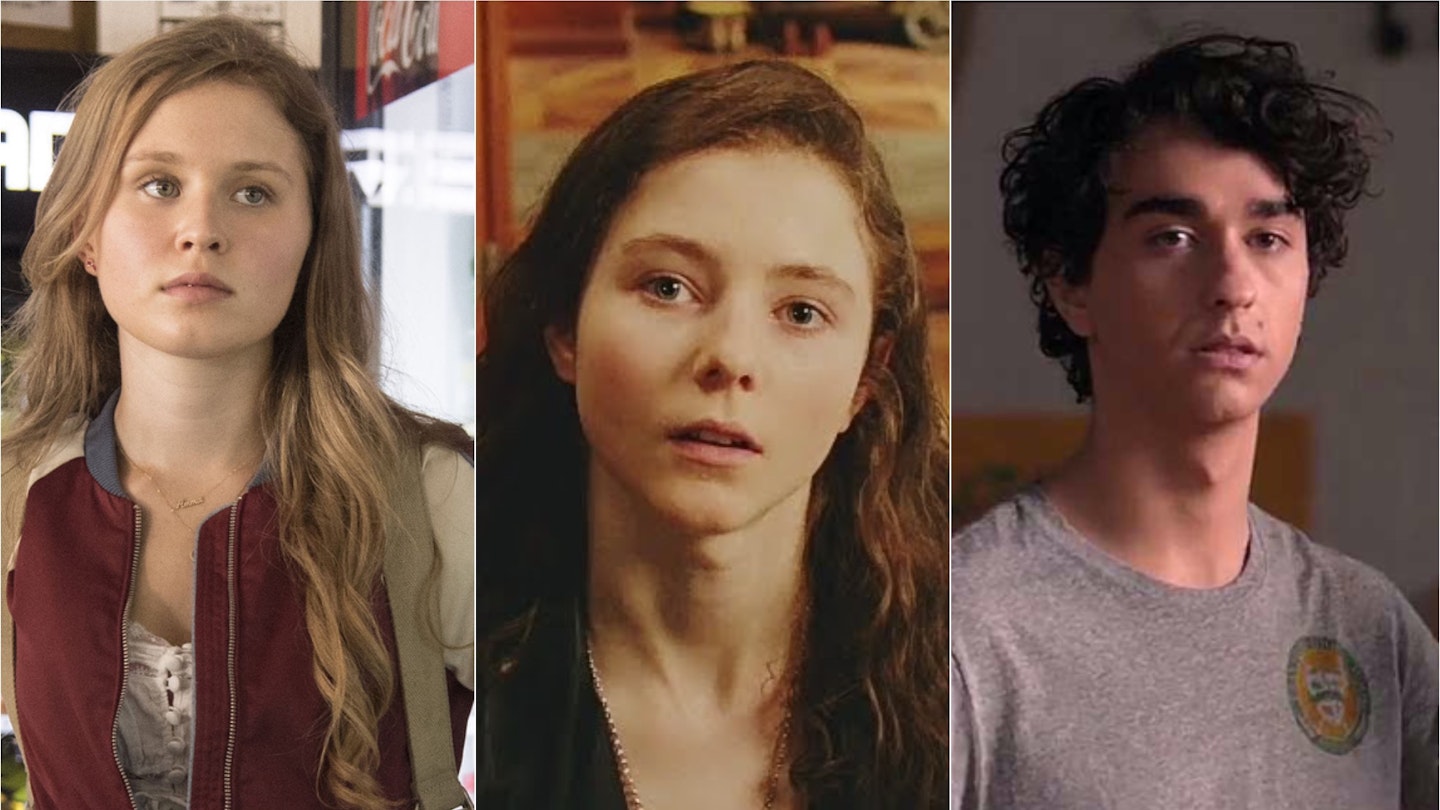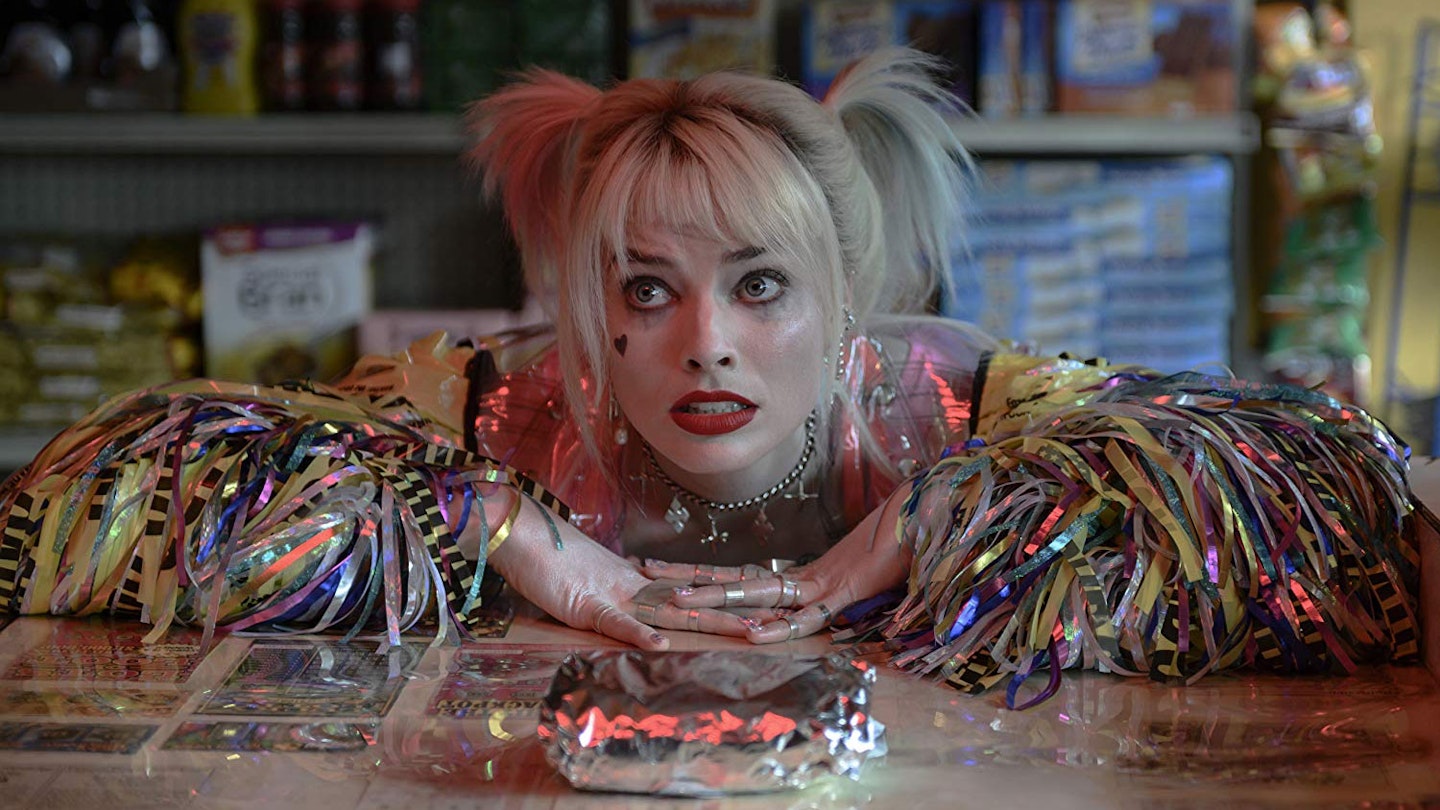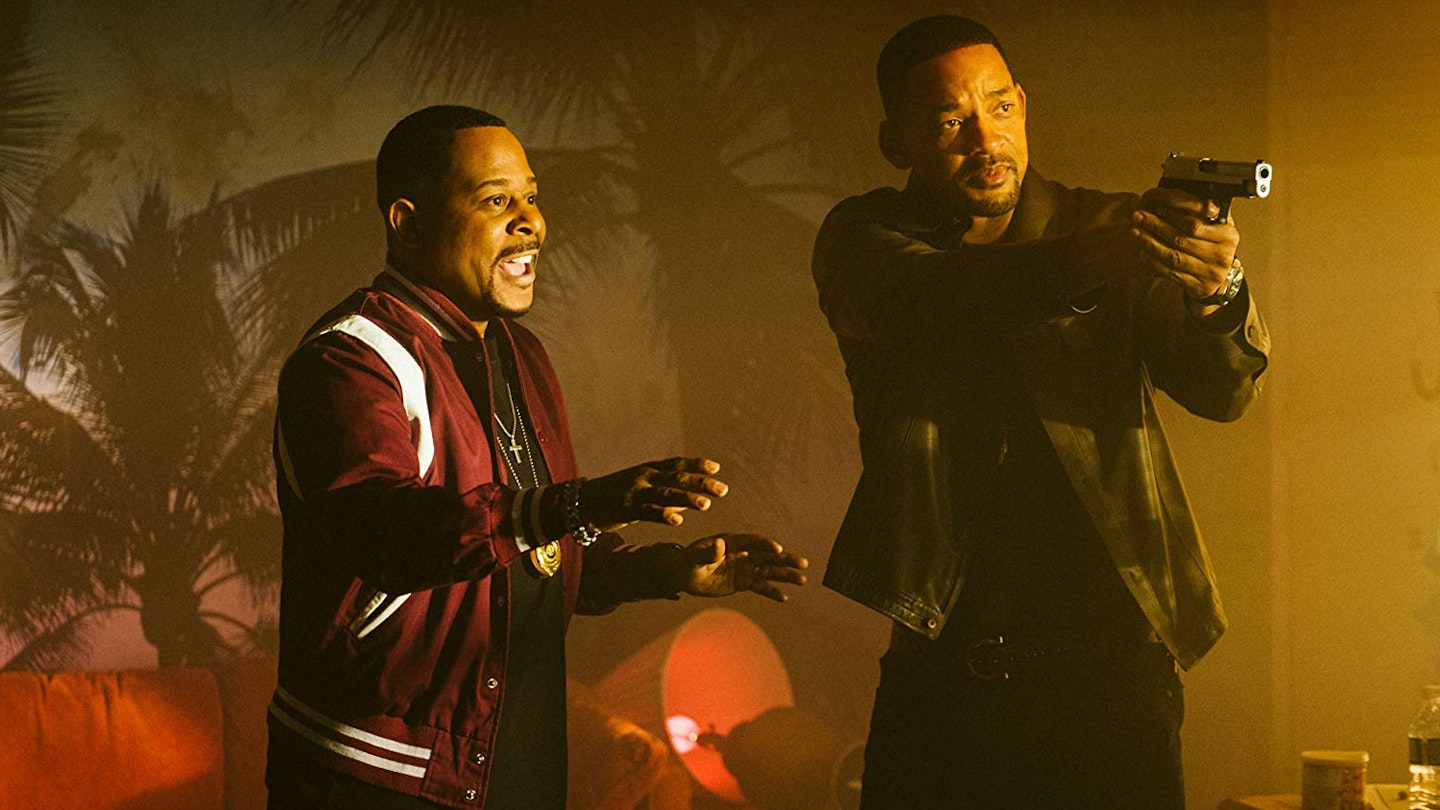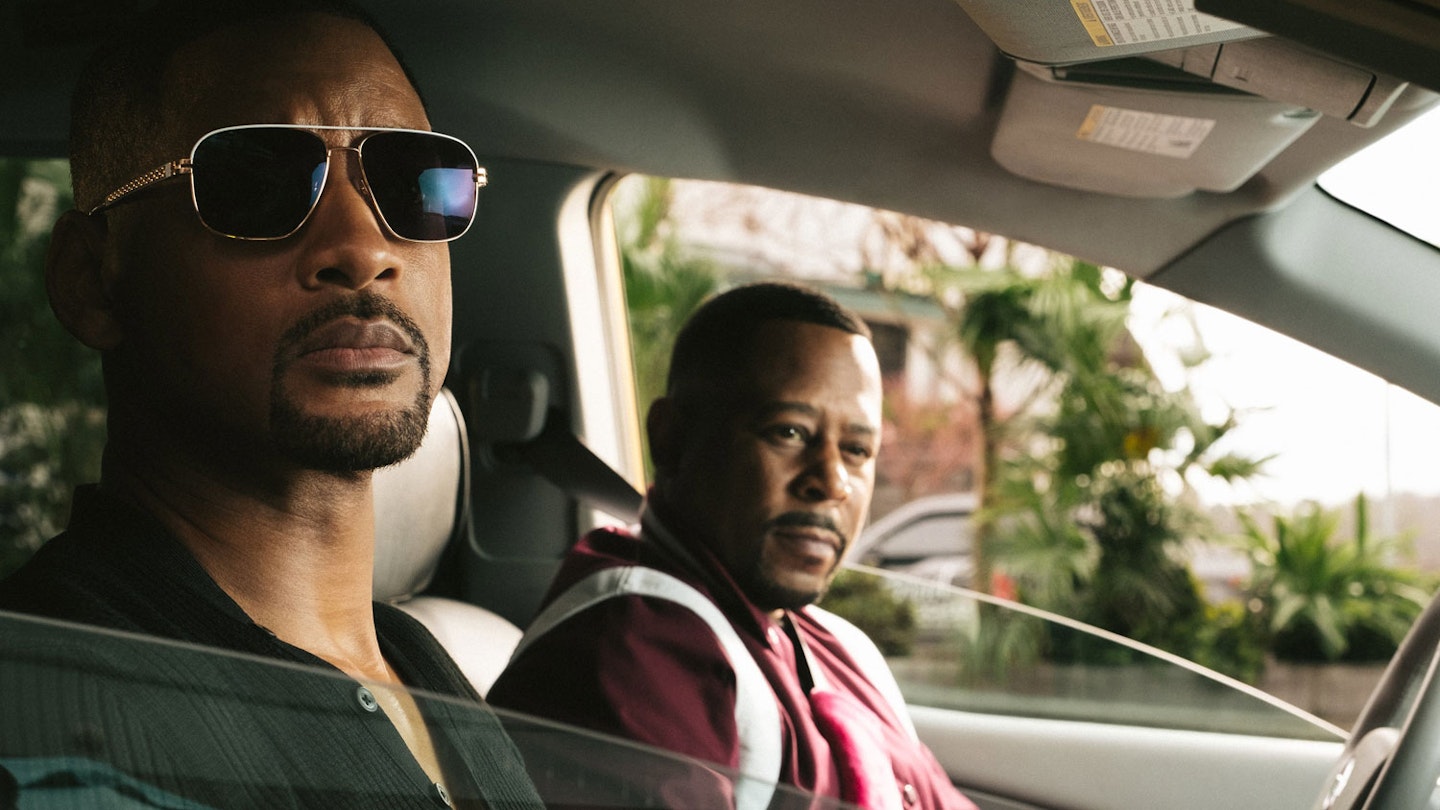If there were any remaining doubts that Greta Gerwig is a major talent in American cinema, put them to rest now. Her solo debut, Lady Bird, was a delight; this follow-up adaptation of an American classic takes an overly familiar story and makes it immediate and important and daring. In a year packed with fascinating films about women, here’s the grandmother of them all.
Those who haven’t read it tend to dismiss Louisa May Alcott’s Little Women as juvenalia, lacking in drama or purpose. Certainly, it has its fluffy moments (all the religious piety, and the bit with the hair curling), and yes, it is essentially about four nice middle-class white girls who get along okay in mid-19th-century Massachusetts. But it’s also a story about women who want things for themselves, who have ambitions and good intentions (sometimes bad intentions) and hopes for the future that are not limited to marriage or children. That wealth of character, the sheer fact of taking women’s wishes seriously, puts it up there with Jane Austen in terms of formative books for teenage girls. And Gerwig takes several bold storytelling choices that make this adaptation quite unlike any of its predecessors.
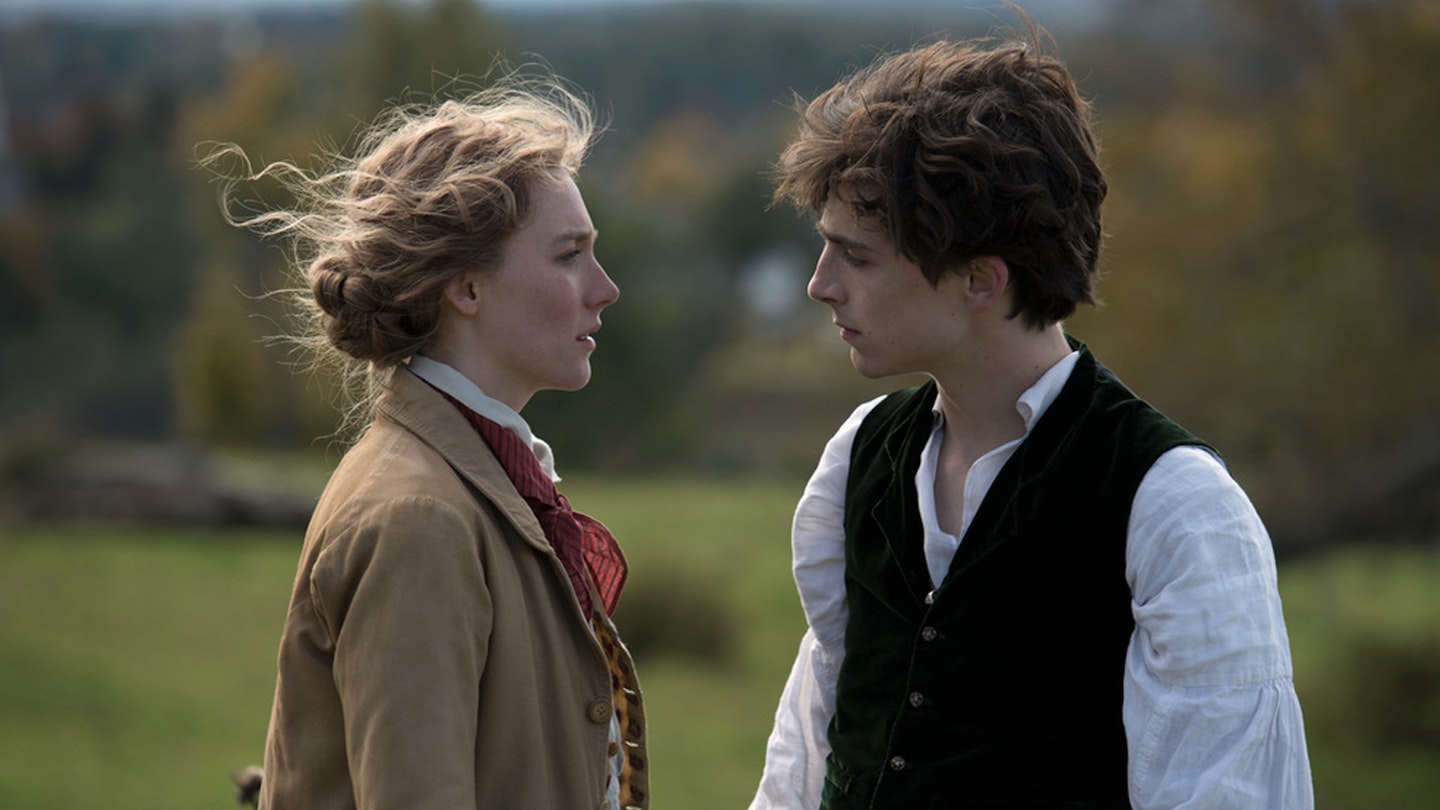
Her first is to adopt a non-linear timeline that introduces us to the March girls in young adulthood rather than adolescence. We meet Saoirse Ronan’s Jo March standing uncertainly outside the door of a New York publisher, preparing to march in and bid for a literary career. By starting in her heroine’s adulthood and flashing back through her younger years, Gerwig immediately centres the narrative on grown women, with real-world concerns worth treating seriously, and sidesteps the objections of those who dismiss anything about teenage girls as fundamentally unimportant.
Jo wants to be a writer, and rushes around the big city with ink-stained fingers and a part-time governess job while she struggles to make that happen. She has, we quickly learn, already turned down a marriage proposal from her friend Laurie (Timothée Chalamet) and she seems heady with freedom rather than bowed with regret. Ronan gives Jo pace and energy, a sense of restlessness even when she’s sitting still. She’s permanently unkempt and a little ruffled, and is often dressed, by costume designer Jacqueline Durran, in odd mismatches of clothing that feel as much New Romantic as 19th century. She looks like a writer, with all the chaotic energy that implies.
Gerwig saves her most impressive narrative flourish for the very end, with a finale that would absolutely delight Louisa May Alcott.
When we then flash back through life with her sisters and Laurie, it is mainly to give context to that figure. Their shared childhood plays become an early trial for her story-writing, Jo’s time with Laurie a chance to explore life outside her own largely happy home. The theme of almost everyone’s depiction here is the search for independence and the money that that necessitates. Jo wants not just to write but to earn a living at it; Meryl Streep’s Aunt March counsels the importance of a good marriage as the only secure means of providing for one’s future. Meg (Watson) settles for a respectable marriage to John Brooke (James Norton) but occasionally strains against its limits; Laurie wants to find a life free of his uncle’s rigid expectations. Every one of them — and especially Laura Dern’s matriarchal Marmee — has to reckon with the limits their society places on them, and find a way to prosper despite them. It’s all there in the book if you look, and in Alcott’s own remarkably forward-thinking life, but it took Gerwig to play these themes to the hilt.
So the familiar beats are rearranged. The Marches’ father (Bob Odenkirk) is off fighting the Civil War but largely absent even when present; Marmee is do-gooding for local families and sending supplies to the troops but displays real edge and not just saintly patience. Beth (Scanlen, impressively managing to avoid soppiness) plays the piano and hides shyly from those outside her family, but forms a bond with Laurie’s uncle (Chris Cooper); Meg still has moments of extravagance that she knows she cannot afford at the behest of wealthier friends. The story shift just makes it all feel weightier and more adult.
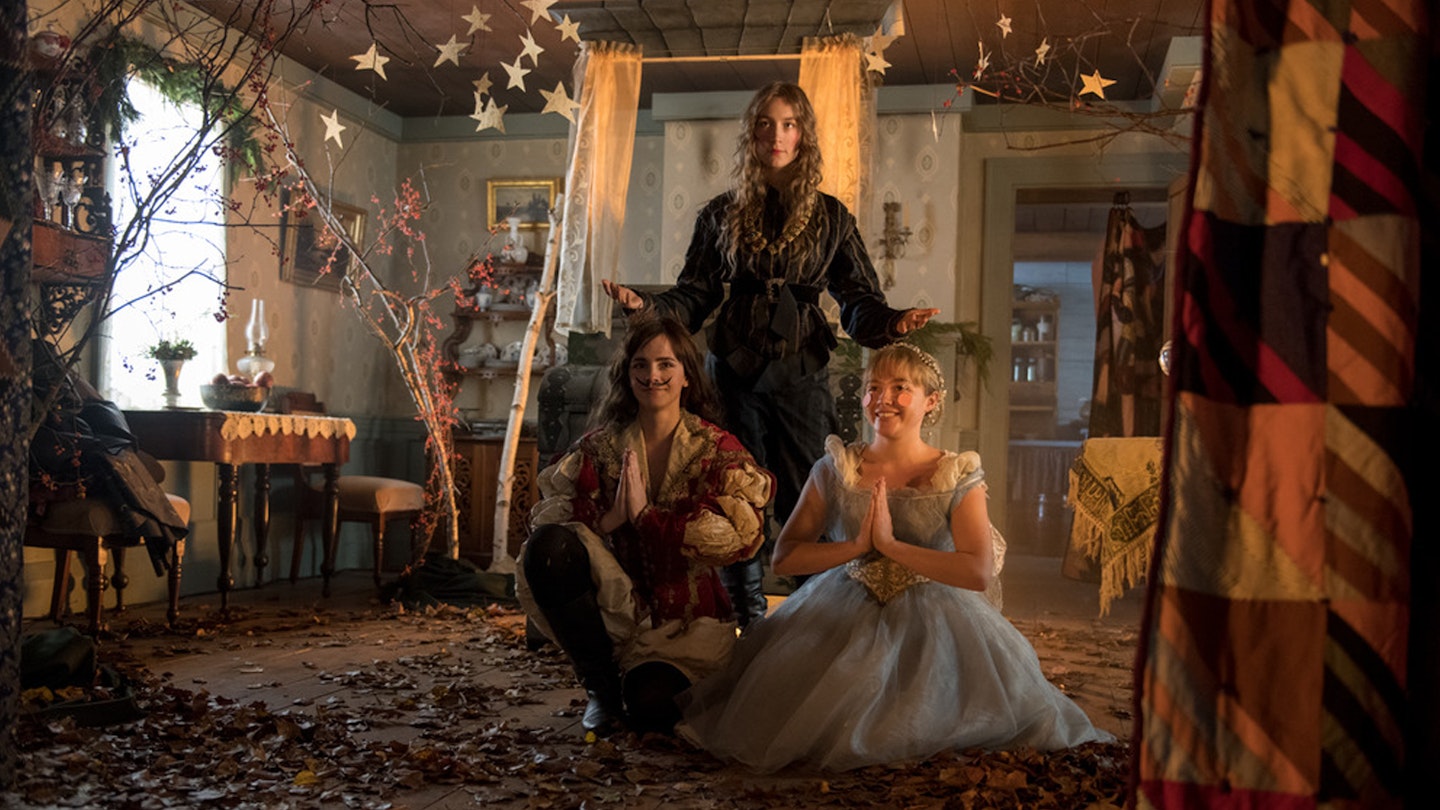
The sister who benefits most from Gerwig’s rejig of the story is Amy (Pugh), the youngest, the artist, the one most a thorn in Jo’s side. Despite playing Amy across both ages, Pugh gets the energy of the baby sister who wants to be part of everything spot-on, and tags along relentlessly behind Ronan and Watson in the teen scenes with the air of a much younger girl. But by initially skimming over her brattiest years, Pugh is allowed to present Amy as a determined and ambitious woman, and one who develops a little more poise and restraint than her older sister Jo. It’s almost enough to make you forgive her for the many offences against Jo that we see as the film goes on, petty crimes that generations of readers have held against her, and her likeability here is another testament to Pugh’s star power.
To balance all this feminine energy there’s Chalamet’s pitch-perfect Laurie, the enthusiastic outsider who joins the girls’ games and bonds with Jo. Chalamet’s established chemistry with Ronan serves them well; the pair elbowing each other and giggling at private jokes, capering around on their own while a more sedate dance takes place behind them. This never goes as far as Apple TV’s Dickinson in introducing anachronistic modernisms, but there’s a recognisably modern energy between Laurie and Jo, a sense that these are relatable and realistic young people who just wear slightly different clothes from today’s generation. Of course, their bond can’t last forever: Jo has bigger things in mind. Laurie’s proposal scene therefore seems romantic and childish and disastrous all at once. And of course this Laurie slopes off to Europe to Byron about in a dissolute fashion; he practically has to. He had the hair already.
It’s almost unfair to single out just a few cast members. Dern, Streep’s forbidding aunt, Cooper’s soft-hearted Mr Laurence: they’re all excellent — as is the crew. Durran loosens up the costumes and removes the corseted stiffness of some period dramas. Cinematographer Yorick Le Saux creates a look that’s painterly without being prim, and Alexandre Desplat’s score mixes a lightness of touch with sweeping beauty. You have to really hunt for nits to pick. The time jumps may sometimes be confusing for those who don’t know the material. Jo’s friend, Professor Bhaer, is played here by Louis Garrel, so he is once again far too handsome, too slim and much too young to match the book (though that may be something of a meta joke). And while Meg gets a few good scenes, she’s still underserved compared with her younger sisters.
Gerwig saves her most impressive narrative flourish for the very end, with a finale that would absolutely delight Louisa May Alcott. It’s a decision that will leave you thinking far more deeply than any other version of this story has managed, and one that instantly makes this the definitive big-screen Little Women.
